SEOUL, South Korea: Common symptoms frequently experienced by older adults include decreased salivation and xerostomia, which may lead to oral soft-tissue disease, dental caries, periodontal disease and oral candidiasis. It’s well known that masticatory and swallowing functions are closely linked to overall health, nutritional status and quality of life. At the same time, chemical agents used to treat dry mouth not only require a prescription, but may also cause side effects. A new study has shown improved oral function in the elderly, who perform a simple oral stretching and exercise technique.
Previous studies had shown that the conventional oral exercises were impractical for continuous use in the elderly owing to the extended duration needed for positive treatment outcomes. The present study tried a simple oral exercise (SOE), which included lip stretching, tongue stretching, cheek stretching, masticatory muscle exercise and swallowing movements to reduce performance time and to determine the short-term effects of the SOE.
The current study involved 84 participants aged 65 years and older, who performed the SOE twice a day for one week after receiving instructions from a trained dental hygienist. The study evaluated the participants’ masticatory performance by using the mixing ability index (MAI). Also, they assessed the unstimulated saliva and the moisture levels of the tongue and buccal mucosa and performed the repetitive saliva swallowing test. Based on these four measurements, participants were divided into two groups with good and poor oral health conditions.
The data showed a 6% increase in the mean MAI immediately after the intervention and a 16 % increase in the poor-chewing group. Similarly, a 0.1 ml/min rise in the amount of unstimulated saliva immediately after the SOE and 29 % rise in the poor-salivation group. Also, a 3 % rise in the degree of tongue moisture was reported. In the poor-swallowing group, 25 % of the participants were upgraded to the good-swallowing group immediately after the intervention, and 40 % of them after one week of intervention. Finally, the participants reported reduced discomfort as their oral function improved.
The study, titled “Improvements in oral functions of elderly after simple oral exercise”, was published online on 16 May 2019 in Clinical Interventions in Aging.
Tags:
This guest editorial comes from Dr. Wenyuan Shi, Chief Scientific Officer and Chief Executive Officer of The Forsyth Institute – the only independent ...
If one gives it a thought, COVID-19 is arm-twisting us into accepting a new normal. COVID-19 has indeed made us aware of the lacunae in the functioning of ...
LOUISVILLE, Ky., US: Researchers from the US have recently examined the role that oral microbes play in regulating antiviral responses in the oral cavity. ...
As we all know, dentistry is dedicated to understanding the workings of the oral cavity, the maxillomandibular relationship, the repair of tooth decay, the ...
Smart toothbrushes and intra-oral sensors that continually monitor biomarkers in the oral cavity, efficient and free dental services based on preventive and...
Periodontal health extends far beyond the confines of the mouth, reaching into the intricate ecosystem of the gut. Recent research suggests a fascinating ...
BRUSSELS, Belgium: On 1 December, dental professionals from around the world gathered for the launch of a new, virtual reality (VR) environment called ...
The founders of Dental Window, India’s only career consultancy focused exclusively on overseas dentistry, note that despite the current geopolitical noise...
PHILADELPHIA, U.S./CHENGDU, China: Periodontitis remains the sixth most prevalent infectious disease worldwide, and the most common cause of tooth loss ...
Live webinar
Tue. 24 February 2026
11:30 pm IST (New Delhi)
Prof. Dr. Markus B. Hürzeler
Live webinar
Wed. 25 February 2026
1:30 am IST (New Delhi)
Prof. Dr. Marcel A. Wainwright DDS, PhD
Live webinar
Wed. 25 February 2026
9:30 pm IST (New Delhi)
Prof. Dr. Daniel Edelhoff
Live webinar
Wed. 25 February 2026
11:30 pm IST (New Delhi)
Live webinar
Thu. 26 February 2026
6:30 am IST (New Delhi)
Live webinar
Tue. 3 March 2026
9:30 pm IST (New Delhi)
Dr. Omar Lugo Cirujano Maxilofacial
Live webinar
Wed. 4 March 2026
6:30 am IST (New Delhi)
Dr. Vasiliki Maseli DDS, MS, EdM



 Austria / Österreich
Austria / Österreich
 Bosnia and Herzegovina / Босна и Херцеговина
Bosnia and Herzegovina / Босна и Херцеговина
 Bulgaria / България
Bulgaria / България
 Croatia / Hrvatska
Croatia / Hrvatska
 Czech Republic & Slovakia / Česká republika & Slovensko
Czech Republic & Slovakia / Česká republika & Slovensko
 France / France
France / France
 Germany / Deutschland
Germany / Deutschland
 Greece / ΕΛΛΑΔΑ
Greece / ΕΛΛΑΔΑ
 Hungary / Hungary
Hungary / Hungary
 Italy / Italia
Italy / Italia
 Netherlands / Nederland
Netherlands / Nederland
 Nordic / Nordic
Nordic / Nordic
 Poland / Polska
Poland / Polska
 Portugal / Portugal
Portugal / Portugal
 Romania & Moldova / România & Moldova
Romania & Moldova / România & Moldova
 Slovenia / Slovenija
Slovenia / Slovenija
 Serbia & Montenegro / Србија и Црна Гора
Serbia & Montenegro / Србија и Црна Гора
 Spain / España
Spain / España
 Switzerland / Schweiz
Switzerland / Schweiz
 Turkey / Türkiye
Turkey / Türkiye
 UK & Ireland / UK & Ireland
UK & Ireland / UK & Ireland
 International / International
International / International
 Brazil / Brasil
Brazil / Brasil
 Canada / Canada
Canada / Canada
 Latin America / Latinoamérica
Latin America / Latinoamérica
 USA / USA
USA / USA
 China / 中国
China / 中国
 Pakistan / Pākistān
Pakistan / Pākistān
 Vietnam / Việt Nam
Vietnam / Việt Nam
 ASEAN / ASEAN
ASEAN / ASEAN
 Israel / מְדִינַת יִשְׂרָאֵל
Israel / מְדִינַת יִשְׂרָאֵל
 Algeria, Morocco & Tunisia / الجزائر والمغرب وتونس
Algeria, Morocco & Tunisia / الجزائر والمغرب وتونس
 Middle East / Middle East
Middle East / Middle East
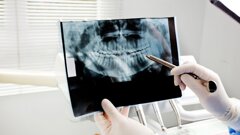

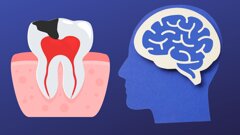
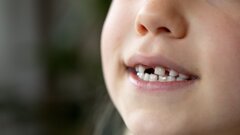
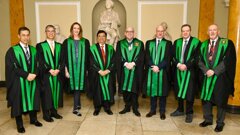





















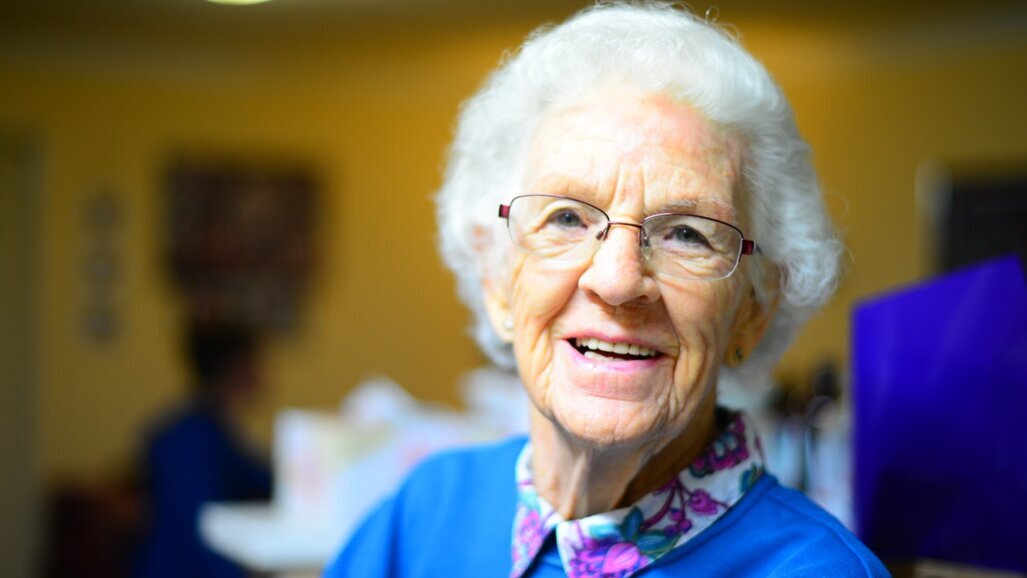




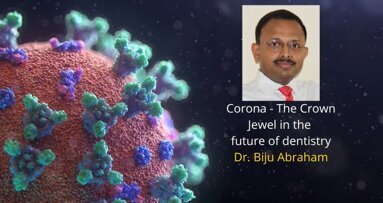
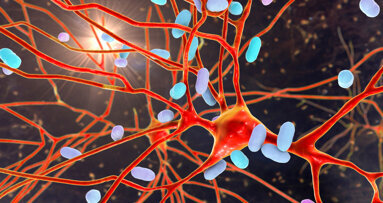
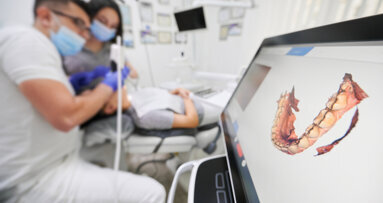

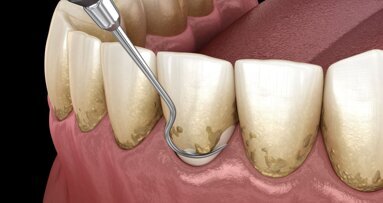


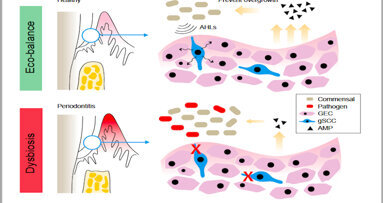
















To post a reply please login or register